Overview
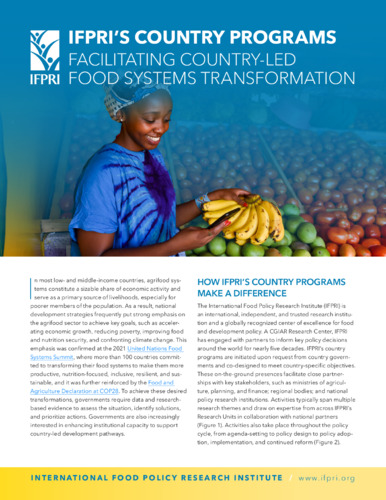
Brochure
IFPRI’s country programs: Facilitating country-led food systems transformation
2024International Food Policy Research InstituteIFPRI’s Country Programs respond to demand for food policy research and deliver holistic support for country-led development. Decision-makers need to make strategic policy and investment choices, including setting priorities and identifying trade-offs and linkages between different development goals, often with limited resources and technical expertise. In this context, IFPRI’s Country Programs support the design and implementation of country-led strategies by helping to stimulate new thinking about the development process, analyzing the available strategic options to achieve specific development outcomes, and building evidence, tools, and capacity for food system transformation at the country level. Our on-the-ground presence, maintained through country and regional offices, facilitates close partnership with agricultural and other key ministries, national policy research institutes, and other stakeholders, enabling IFPRI to respond to regional and country priorities and build inclusive policy processes.
Our Country Program activities cut across multiple research themes, drawing on expertise from all IFPRI research units, as well as from national and international partners. IFPRI adapts its research and capacity strengthening to address the diverse challenges and opportunities that exist in different countries. To achieve their objectives, IFPRI’s Country Programs:
- Build on existing work and capacities in the country wherever possible by forming partnerships and networks.
- Work in close collaboration with national partners to improve the quality and relevance of the work and to help strengthen national capacity.
- Work closely with policymakers at the national and regional levels to set priorities and disseminate results.
- Implement or undertake activities within the country to the greatest extent possible.
The Programs
-
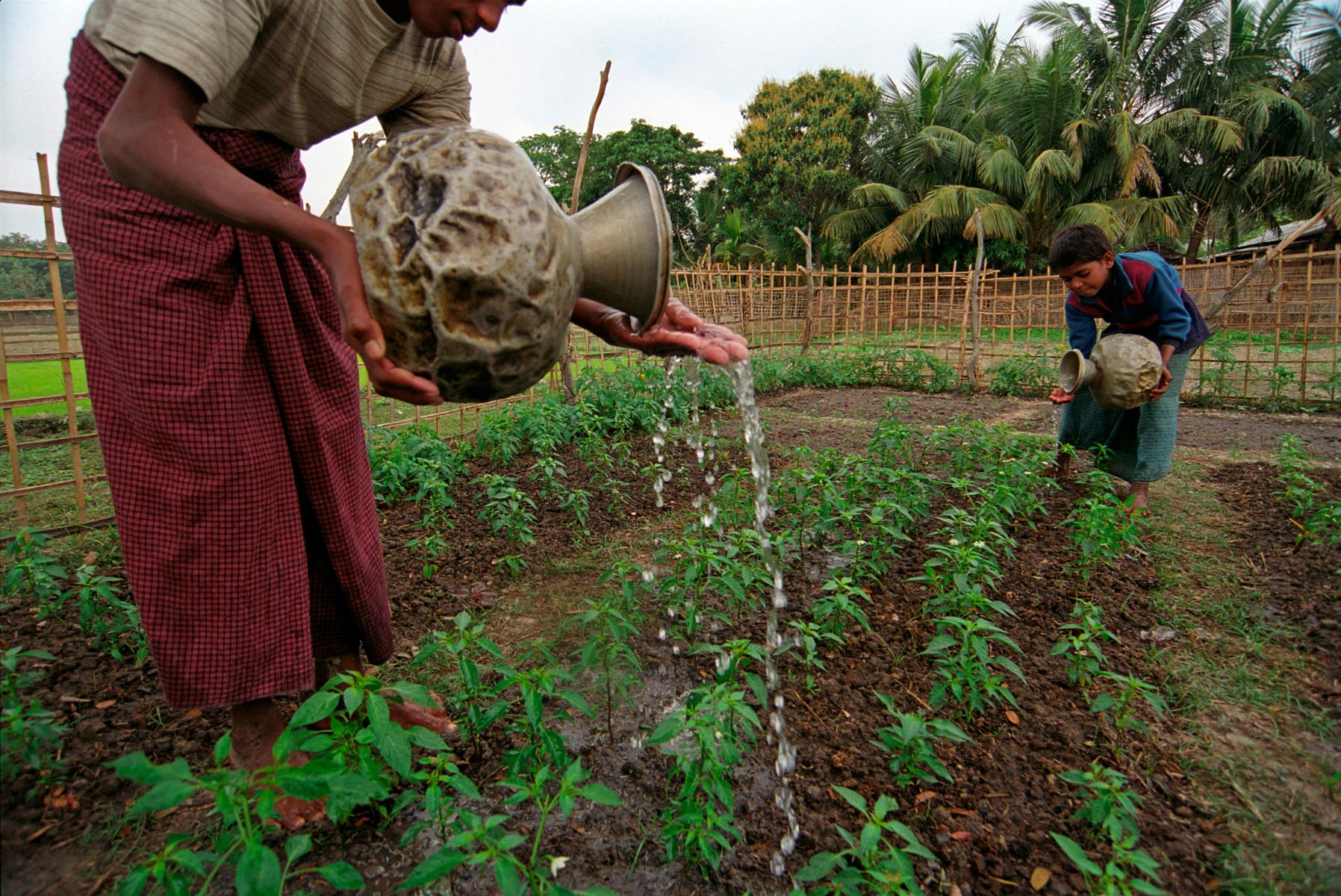
Bangladesh Policy Research and Strategy Support Program
Improving food and nutrition security is of paramount concern to millions in Bangladesh.
-
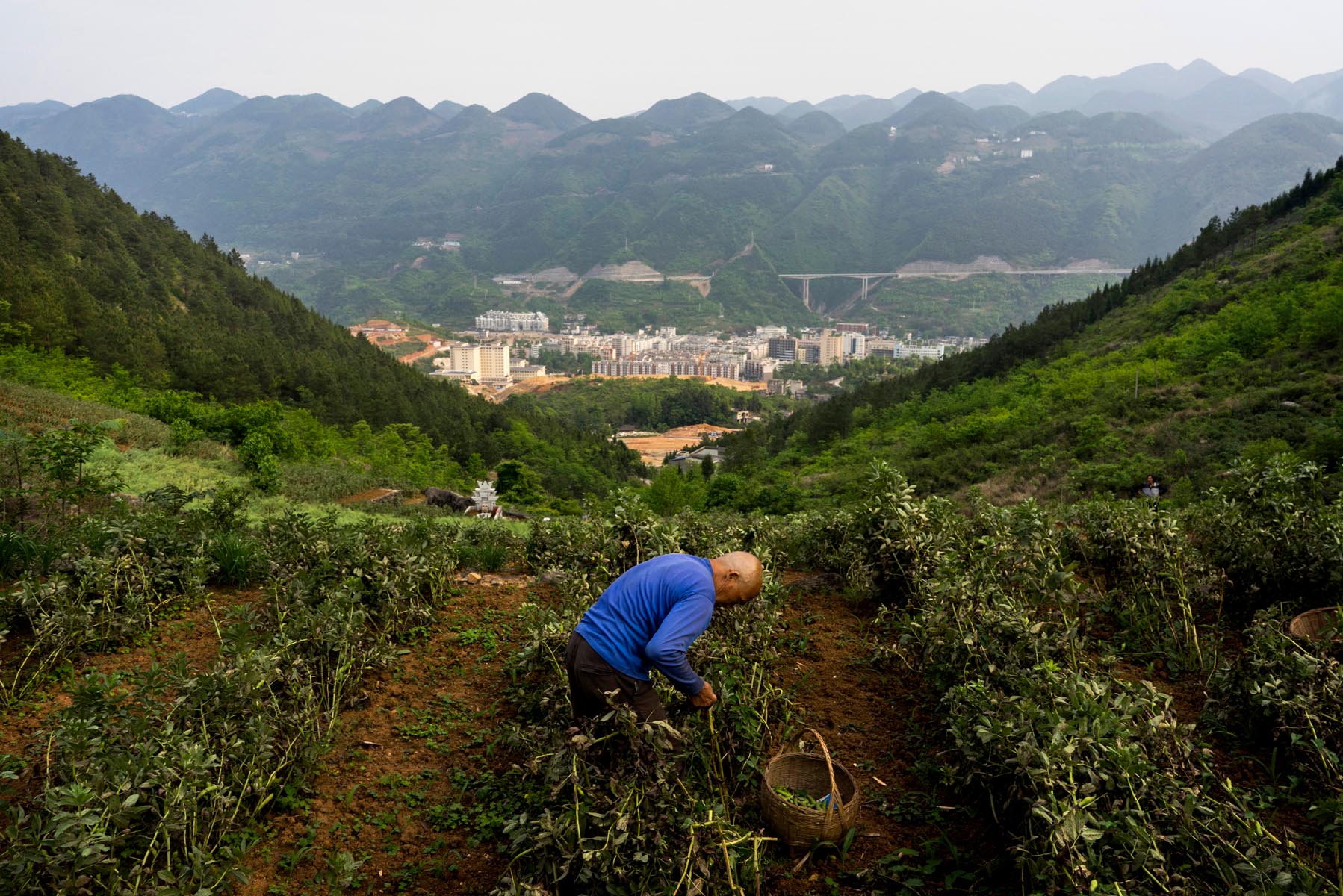
China Strategy Support Program
Supports joint research & capacity strengthening as well as policy dialogues & communication to improve policymaking.
-
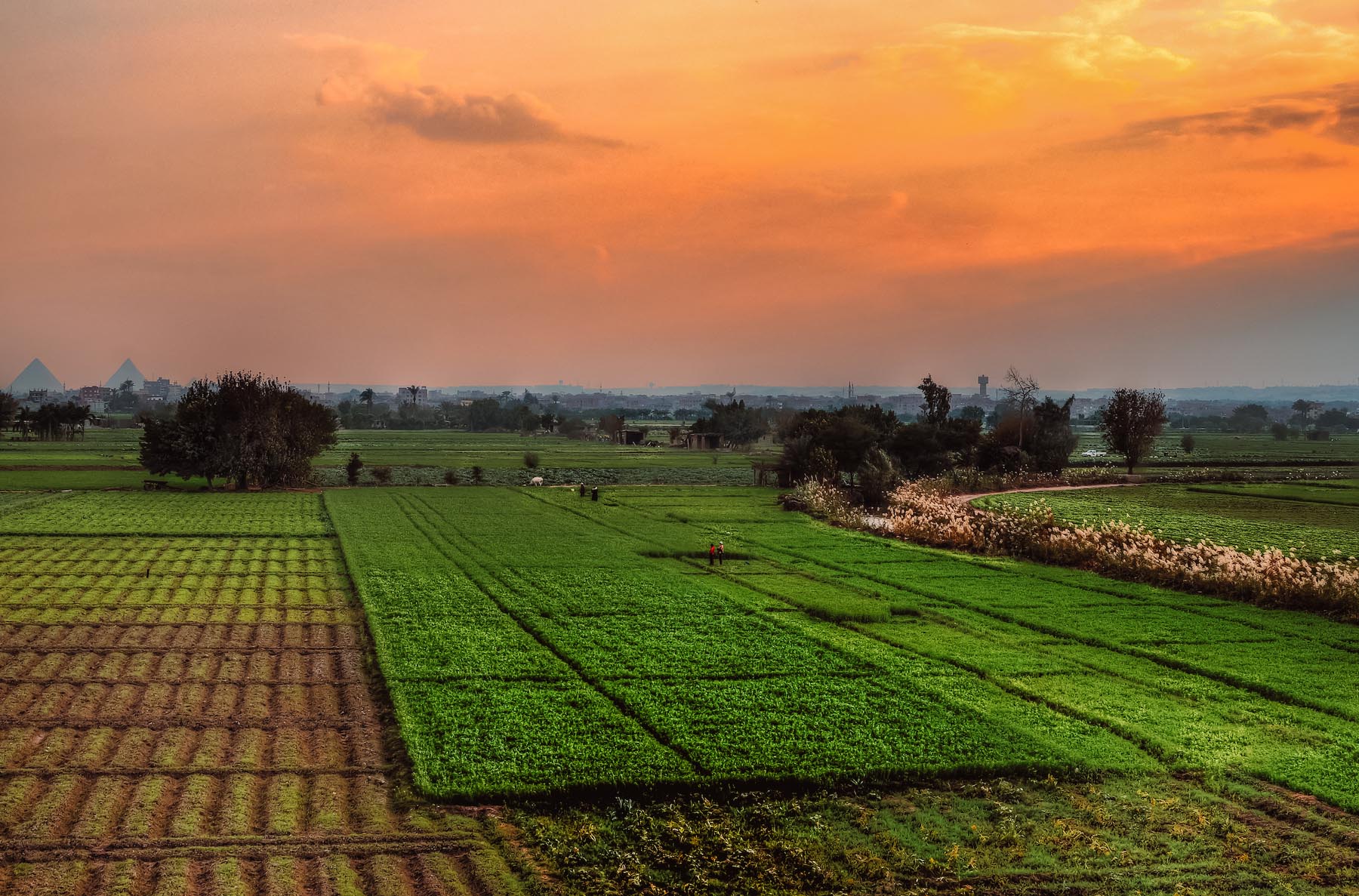
Egypt Strategy Support Program
Egypt SSP's main objective is to raise incomes of the rural poor and to improve food and nutrition security in Egypt.
-
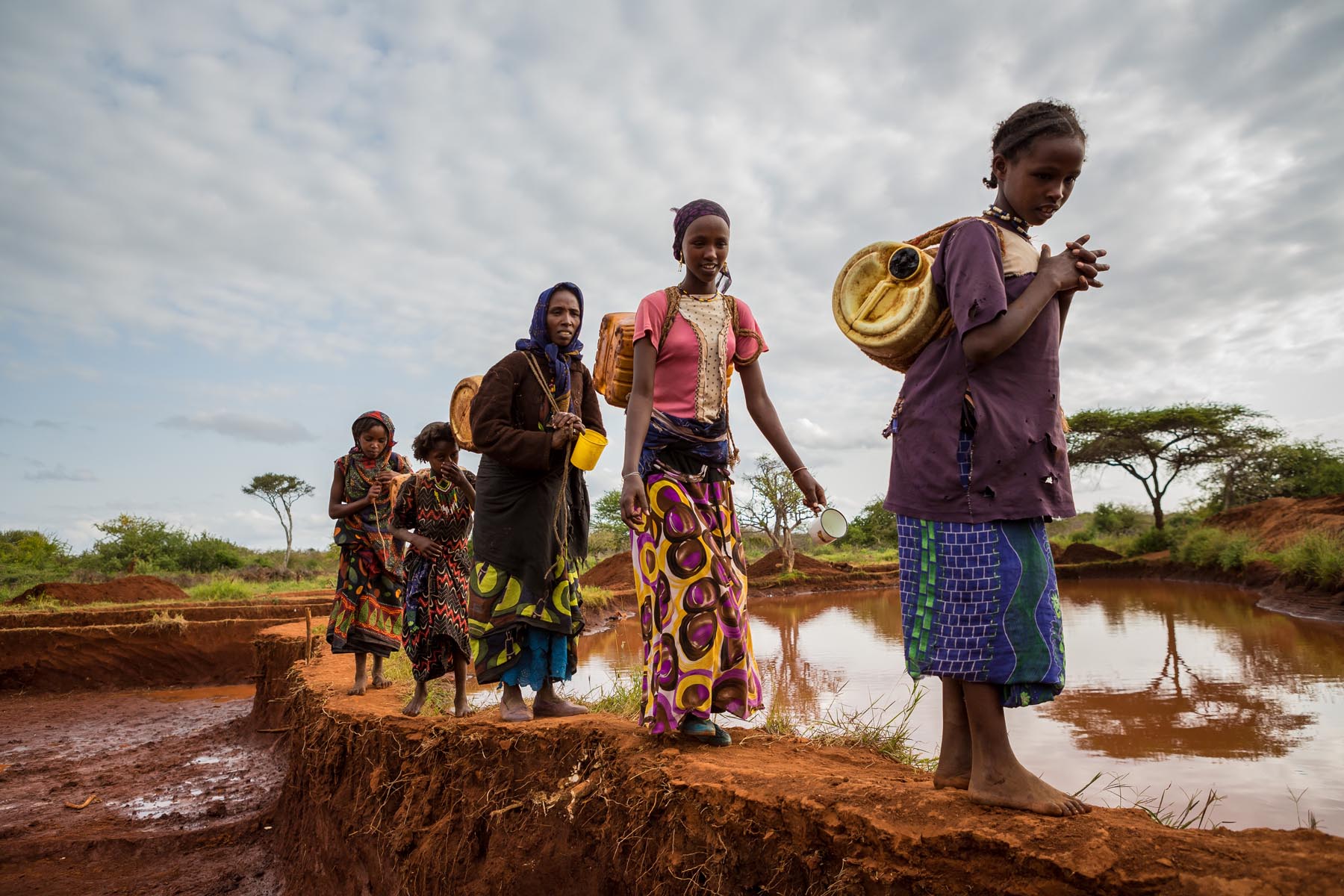
Ethiopia Strategy Support Program
ESSP is a collaborative program undertaken by IFPRI and the Ethiopian Development Research Institute (EDRI)
-
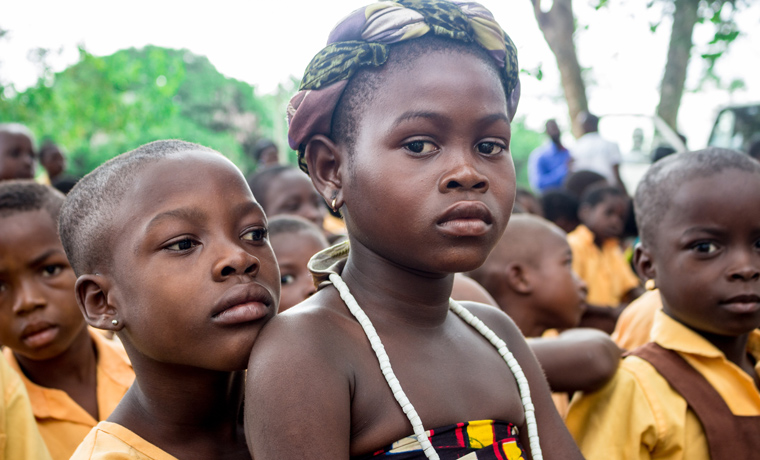
Ghana Strategy Support Program
Conduct research & advise on policy to support agricultural growth, rural development & economic transformation.
-
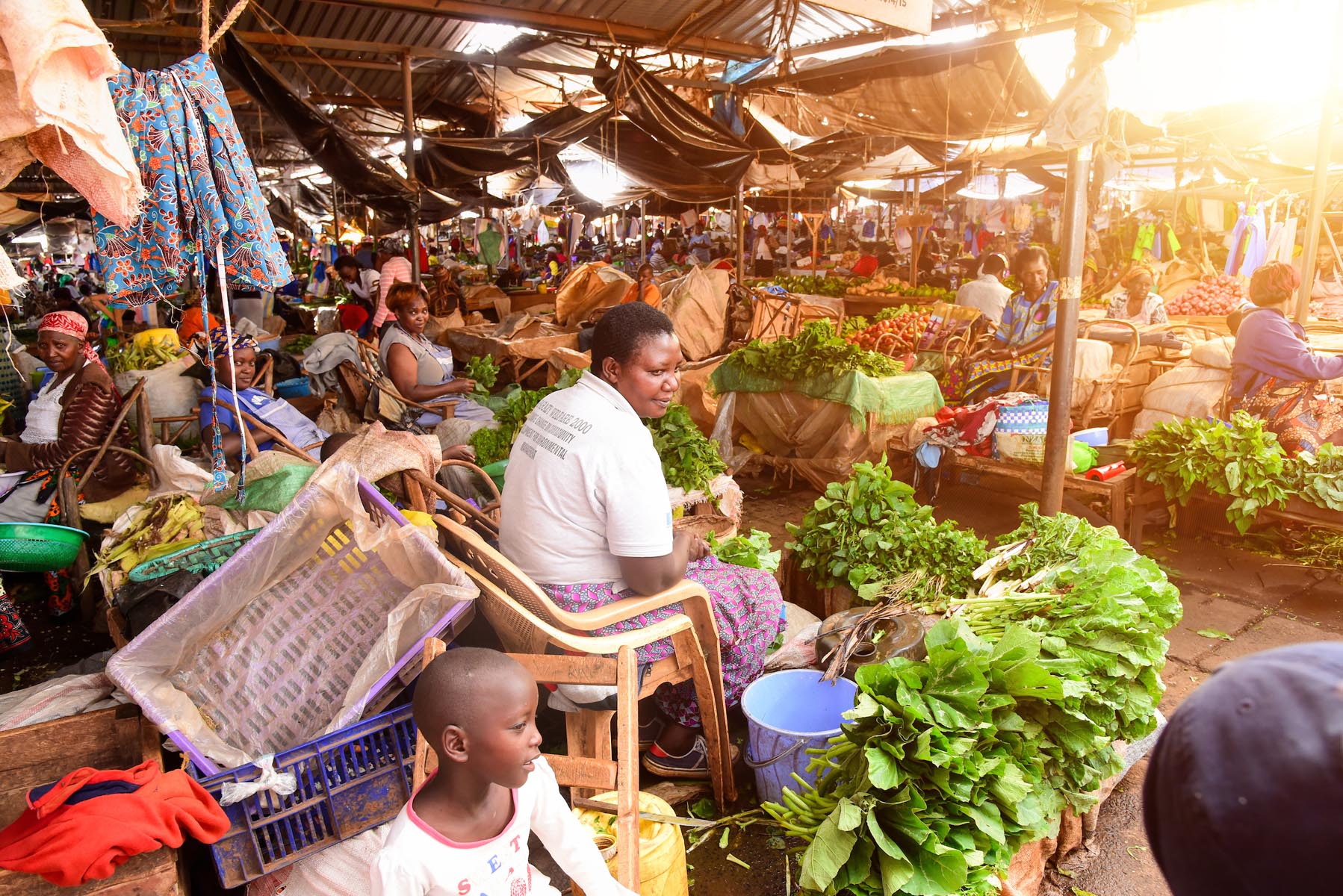
Kenya Strategy Support Program
KSSP is a policy research, capacity strengthening and policy communication program with the main objectives to accelerate poverty reduction and to improve food security.
-
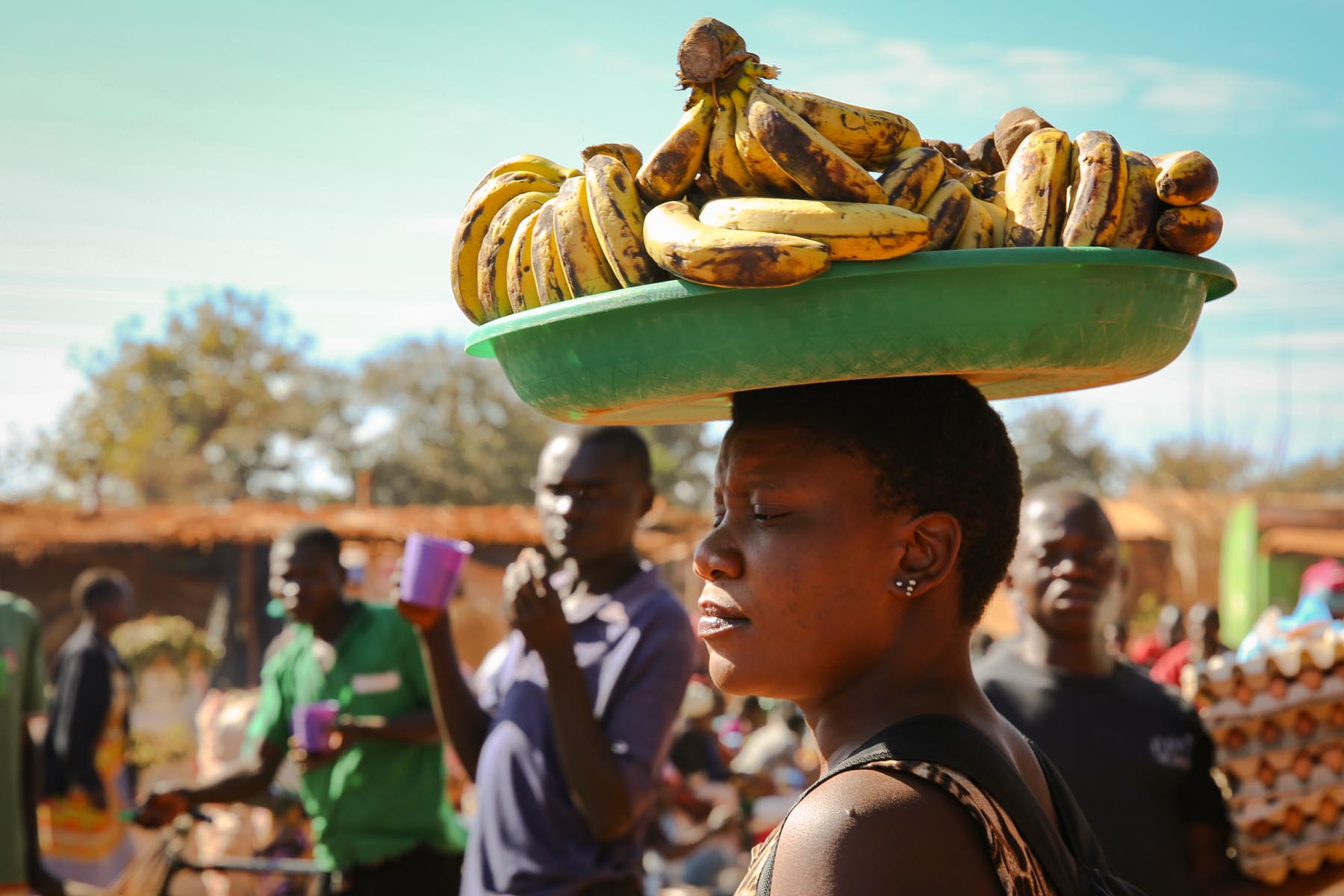
Malawi Strategy Support Program
This project facilitates and promotes evidence-based dialogue and decision-making in support of agricultural development, food security, and economic growth in Malawi.
-
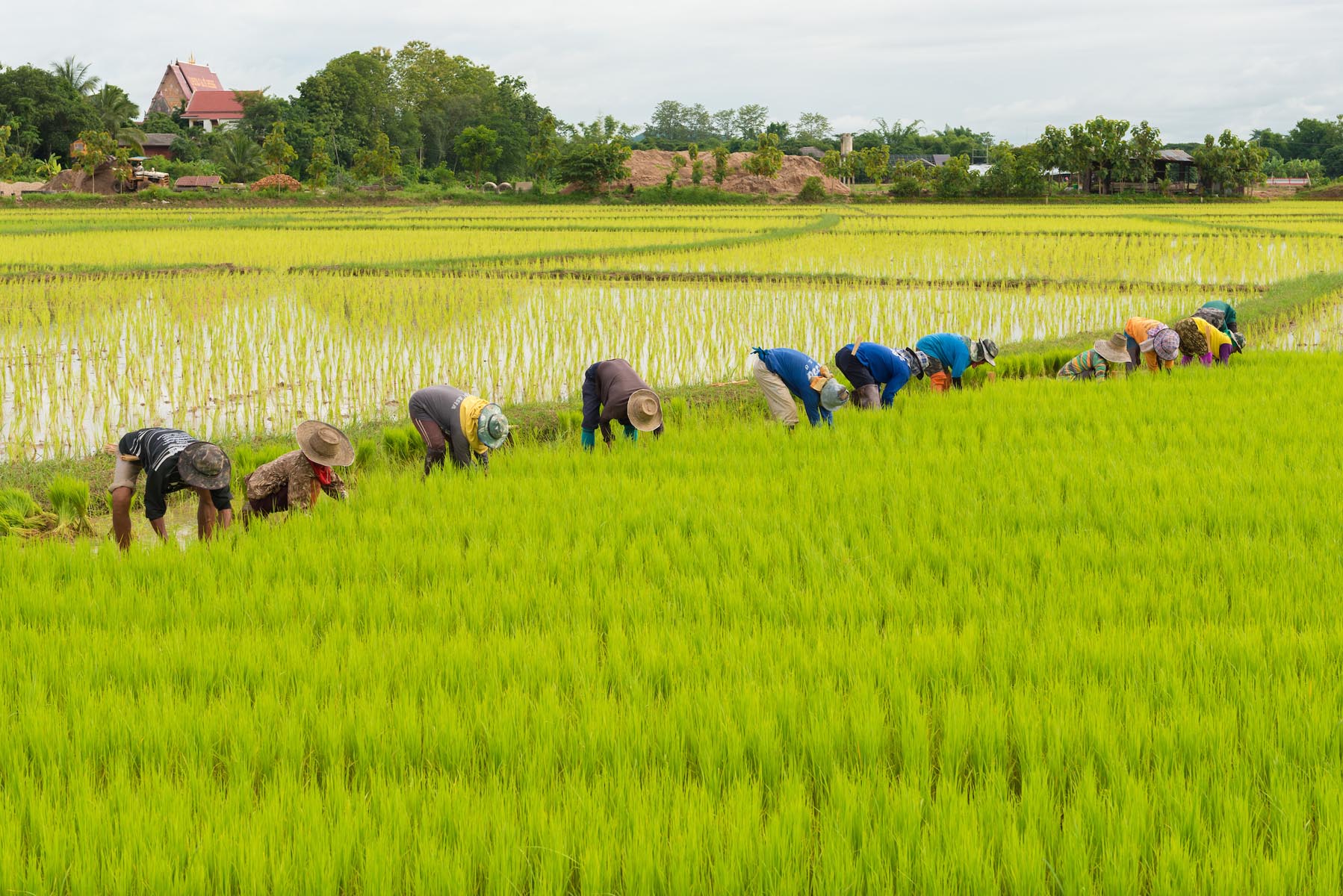
Myanmar Strategy Support Program
The project supports agricultural transformation and other development policy goals by enhancing national technical, institutional, and policy analysis capacities.
-
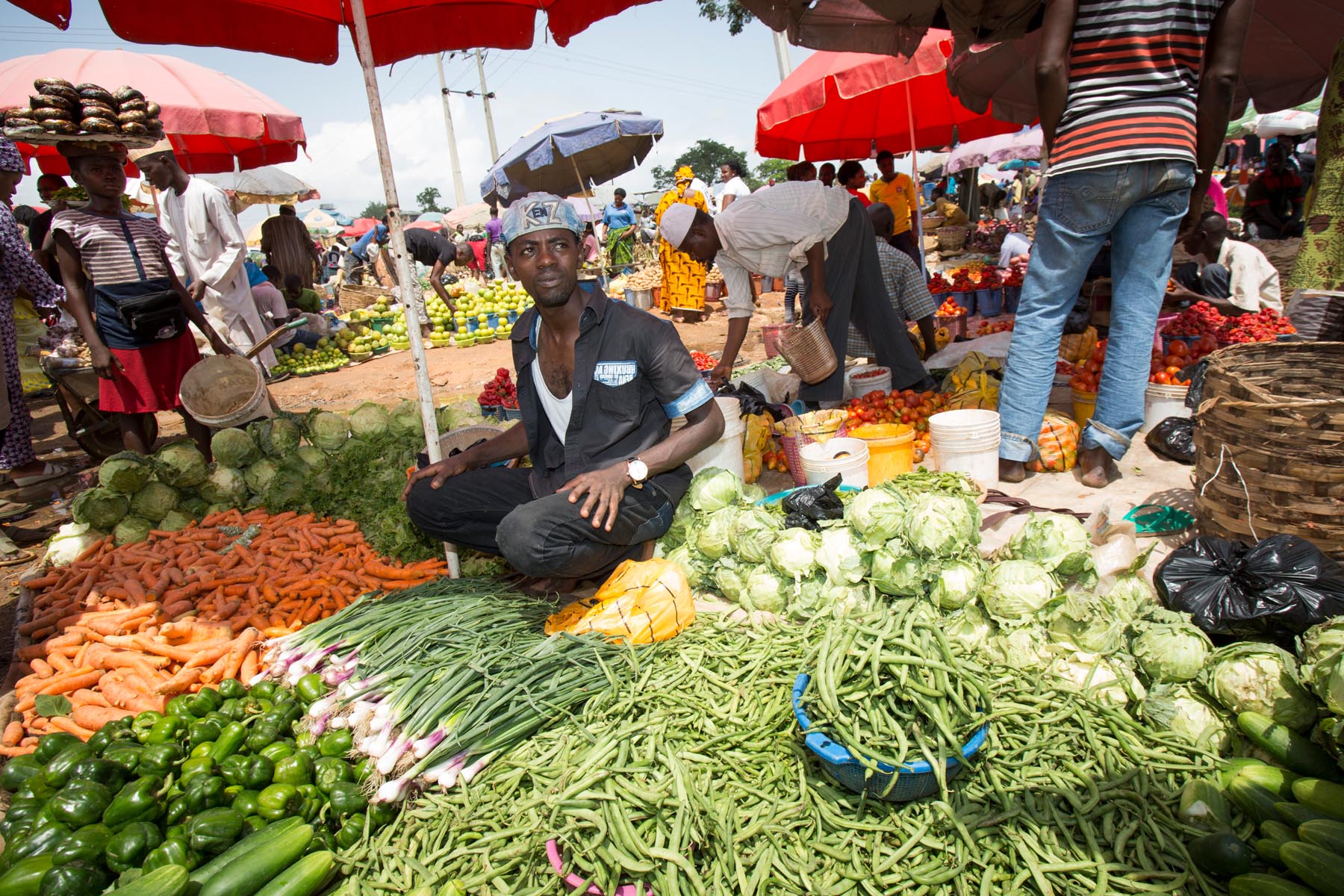
Nigeria Strategy Support Program
NSSP responds to the research, analysis, and capacity needs of stakeholders in the Nigerian agricultural research and policy community.
-

Papua New Guinea Agriculture, Food, and Nutrition Policy Support Program
The Papua New Guinea Agriculture, Food, and Nutrition Policy Support Program (PNG-AFNP) is an initiative aligned with the Government of Papua New Guinea’s vision to revitalize and transform its agricultural sector to improve economic opportunities, livelihoods, and food security.
-
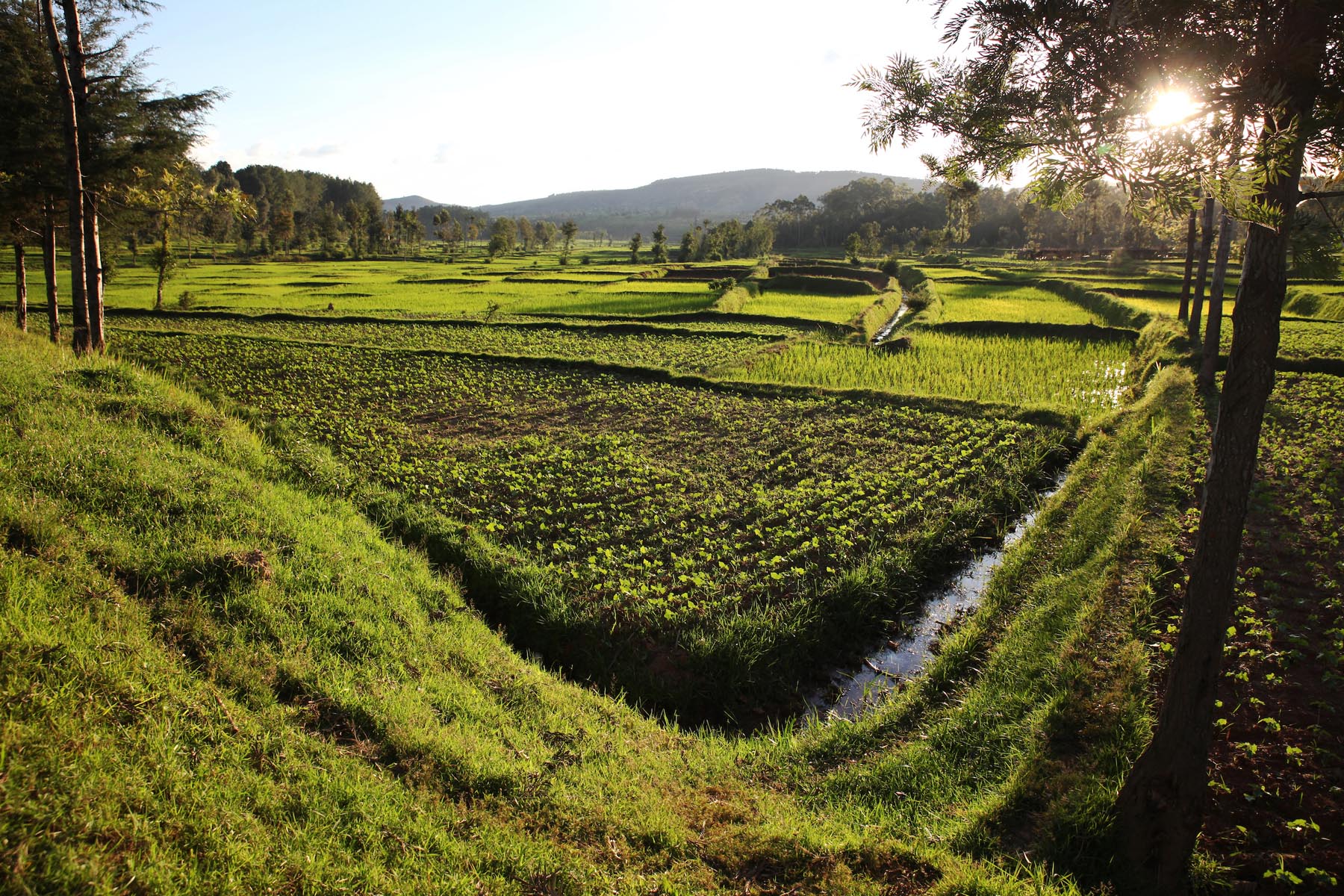
Rwanda Strategy Support Program
Rwanda SSP is an initiative aligned with the Government of Rwanda’s vision to accelerate agricultural transformation and rural development in Rwanda.
-

Sudan Strategy Support Program
The Sudan Country Strategy Support Program (CSSP), with key team members based in Khartoum, can provide needed analytical support to the Government of Sudan, local and international partners.




